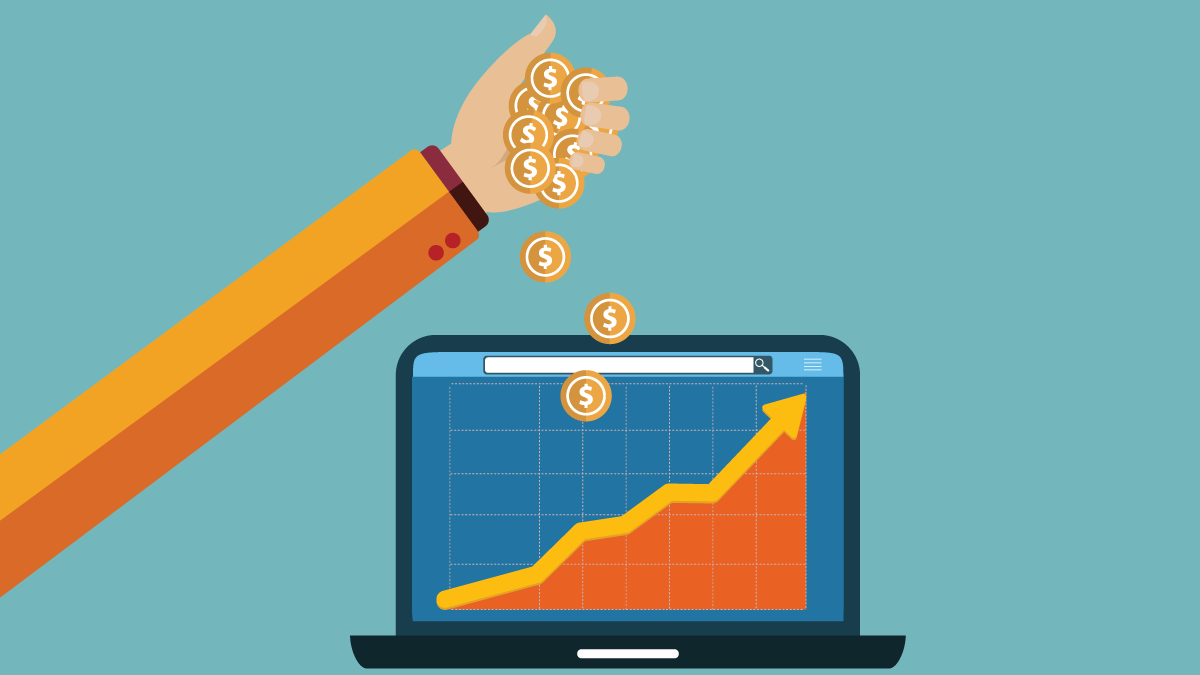
Are you interested in learning more about investing and planning for your future? If you are, that’s great you’d like to become more of a forward thinker.
Investing is all about thinking about how you can save. And coming up with a plan of action is where it all begins.
Before you dive into investing, however, there are some things to keep in mind. Here are three tips to think about as an investment newbie.
1. Decide What Your Goals Are
Do you know what your long-term investment goals are? If you don’t, it’s time to define them!
The money you save shouldn’t be something you use in the near term. So, you shouldn’t save only for a few months to get your car a new paint job. It also shouldn’t be to get a fancy new entertainment system that you don’t need.
A few long-term investment goals are saving for retirement or supporting a loved one. Another goal may be to save up for getting a Master’s degree, for example.
The more money you save up, the more significant return you’ll get, so always keep this in mind as you begin to invest.
If your main goal is to have a retirement fund, try not to pull anything out for as long as possible. The more money you invest and save, the more money you’ll have when you retire!
2. Open Up a Savings Account (and Automate Your Savings)
It’s hard to save and invest your money when you don’t even have a savings account. If you don’t have one, set one up!
You might already have one, but you’re not that great of a saver. That’s okay because you have to start somewhere!
Decide on how much you can afford to put aside each month. You should have a rainy day fund to live without a job for up to 2-3 months.
After that, you should invest any extra money.
Automating your savings makes it so that a set amount comes out of your checking account every month.
For example, if you want to start with one hundred dollars, set up an automatic direct deposit. One hundred dollars will land in your savings account on the same day every month.
Having money going into your savings account every month will make it easier to save and invest.
3. Become Familiar With Different Kinds of Investments
There are many ways to invest your money, and some are riskier than others. Here are a few to consider as you start investing:
Investing in a Home
Getting a home is a fantastic investment, especially if it increases in value. Be thoughtful of which area you buy a home.
If you buy a house in an area with a steady stream of schools, people, and business, that’s a good sign. Your home should increase in value over time!
Just make sure to buy a house in cash and not take on a lot of debt. Otherwise, it’s hard to invest in a house when you have to make large monthly payments.
Roth Individual Retirement Arrangement Account (IRA)
Say your employer doesn’t offer a retirement plan, or you’re self-employed. If that’s the case, open a Roth Individual Retirement Arrangement (Roth IRA). Even if you’re employed and have a traditional 401(k), you can still open an IRA.
What’s fantastic about a Roth IRA, in particular, is that it is tax-free! You’ll contribute after-tax money now, and your investments will be tax-free.
After you reach age 59 and ½, anything withdrawn will be tax-free. That’s pretty cool if you think about it!
Mutual Funds
A mutual fund is when a group of people pool their money and buy stocks from various companies.
If you’d prefer not to put all your eggs in one basket, mutual funds are the way to go.
A few mutual funds you may want to consider investing in are growth and income funds and growth funds.
Both are predictable and stable funds, so you won’t have to worry about losing all your money.
Besides mutual funds, there are also stocks and bonds. Investing in real estate investment alternatives is something else to consider.
Make it your priority to read up on the best ways to invest your money before taking the plunge. A financial advisor can help as well if you have any questions.
In Conclusion
Are you ready to try your hand at investing? It sounds intimidating, but once you get the hang of it, it won’t be.
Everyone has to start somewhere. By doing your research and figuring out how you’d like to invest your money, you’ll develop positive habits.
With your new mindset of putting aside money, by the time you’re in your golden years, (or even before!), you’ll be all set!




